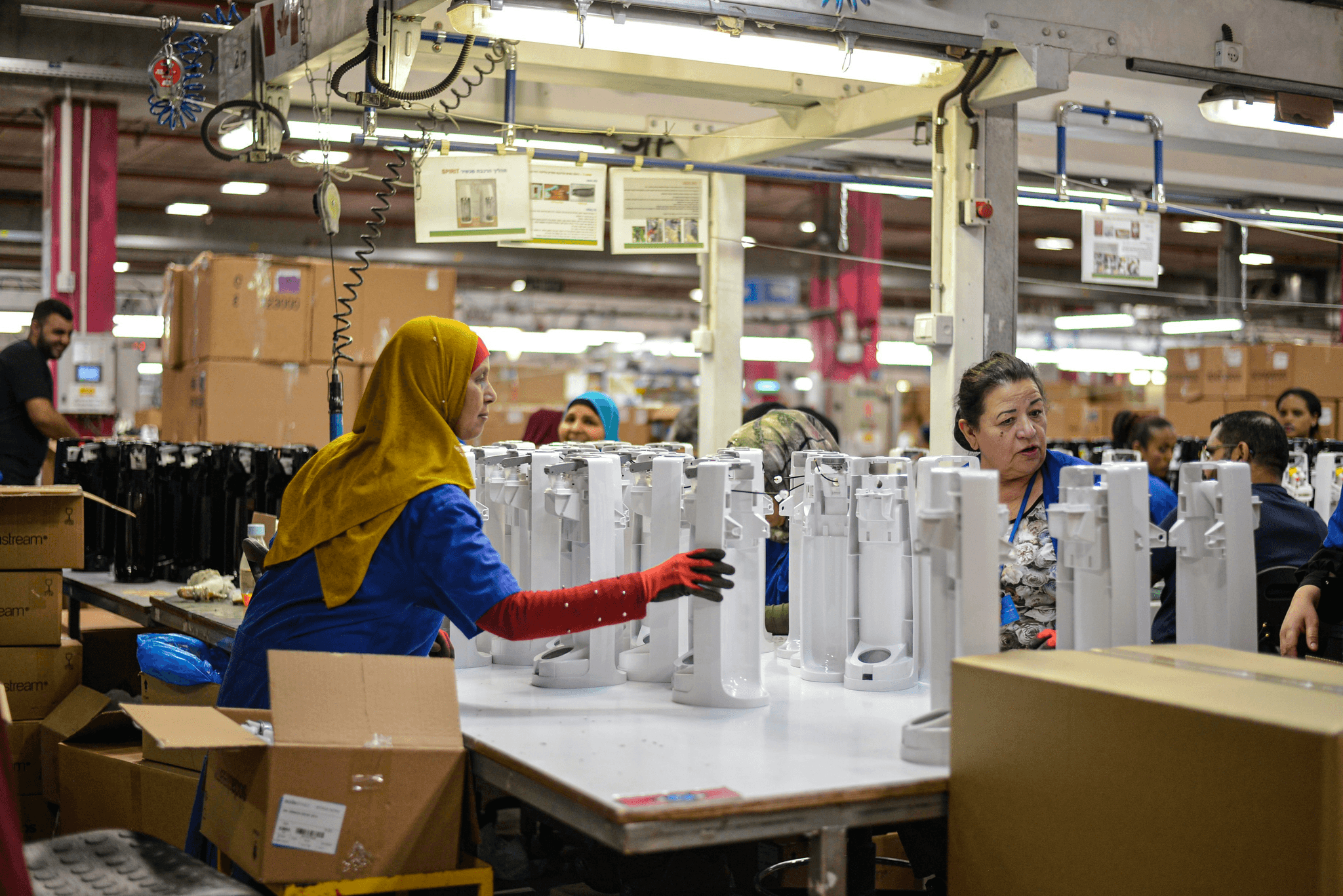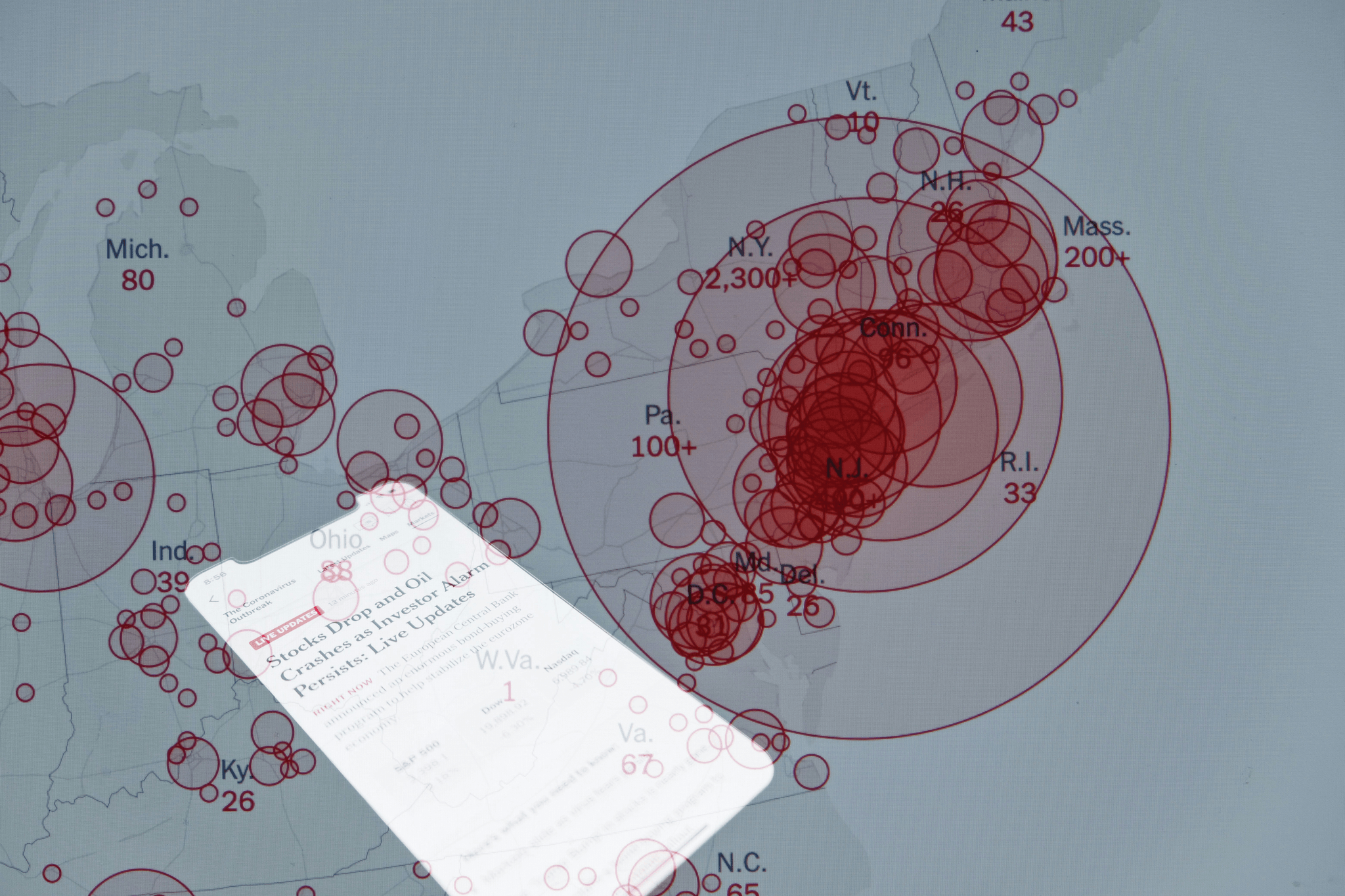Introduction
In today’s global marketplace, low-cost country sourcing has become a tantalizing strategy for businesses seeking to maximize profits and minimize expenses. However, while the allure of cost savings is hard to resist, it’s essential to navigate the myriad low-cost country sourcing risks that accompany this approach. Understanding these complexities can help businesses make informed decisions that balance cost with quality and reliability.
Understanding Low-Cost Country Sourcing
Low-cost country sourcing refers to the practice of procuring goods or services from countries where production costs are significantly lower than in domestic markets. This often involves outsourcing manufacturing to nations with cheaper labor and materials, promising substantial savings for companies like SSOURCING INC. However, beneath this surface-level appeal lies a web of potential pitfalls that can complicate the sourcing process.
The Allure of Cost Savings
The primary motivation behind low-cost country sourcing is undeniably the promise of reduced operational expenses. Companies are drawn to the prospect of slashing costs on production while maintaining competitive pricing in their respective markets. Yet, it’s crucial for businesses to remain vigilant against the hidden low-cost country sourcing risks that could undermine these apparent benefits.
Why Businesses Choose Low-Cost Countries
Many businesses opt for low-cost countries due to access to a vast labor pool and favorable economic conditions that facilitate large-scale production. The potential for increased profit margins can be enticing; however, decision-makers must weigh these advantages against possible challenges such as quality control issues and supply chain vulnerabilities. By partnering with firms like SSOURCING INC., organizations can better navigate these complexities while still reaping financial benefits.
The Quality Conundrum

When businesses dive into low-cost country sourcing, they often find themselves facing the perplexing issue of product quality. While the initial allure of cost savings is undeniable, the reality can be a mixed bag. Variability in product quality can turn what seemed like a savvy financial decision into a logistical nightmare.
Variability in Product Quality
One of the most significant low-cost country sourcing risks is the inconsistency in product quality across different manufacturers and regions. While some suppliers may deliver exceptional products at competitive prices, others might produce subpar items that fail to meet expectations. This unpredictability can lead to increased returns, customer dissatisfaction, and ultimately damage to brand reputation—an outcome no business aims for.
Understanding Manufacturing Standards
To navigate these low-cost country sourcing risks effectively, it’s crucial for businesses to understand manufacturing standards in their chosen countries. Compliance with international quality benchmarks ensures that products meet customer expectations and regulatory requirements. However, many companies overlook this aspect, leading to costly mistakes that could have been avoided with proper due diligence.
Real-world Examples of Quality Failures
The world is littered with cautionary tales about companies that suffered due to poor-quality products sourced from low-cost countries. For instance, a well-known electronics manufacturer faced significant backlash when their outsourced components failed during critical product launches, resulting in financial losses and tarnished credibility. Such real-world examples highlight how ignoring potential low-cost country sourcing risks can have far-reaching consequences for even the most established brands.
Supply Chain Disruptions

In the realm of low-cost country sourcing, supply chain disruptions can be a significant headache for businesses looking to maximize profits. The allure of cheaper production often comes with hidden vulnerabilities that can jeopardize the entire operation. Understanding these risks is essential for companies like SSOURCING INC., which aim to navigate the complexities of sourcing in today's global economy.
Geopolitical Instability
Geopolitical instability is a major player in the saga of low-cost country sourcing risks. Political unrest, trade wars, and changing regulations can create unpredictable environments that disrupt supply chains overnight. Companies relying on low-cost countries may find themselves scrambling to adapt when borders close or tariffs spike, leading to increased costs and delays.
The impact of geopolitical events extends beyond immediate disruptions; they can also foster long-term relationships with suppliers that become strained under pressure. Businesses must continuously monitor political climates and have contingency plans ready to mitigate these risks effectively. At SSOURCING INC., we emphasize the importance of agility and adaptability in managing supplier relationships against such unpredictable backdrops.
Natural Disasters and Logistics
Natural disasters are another formidable force in the world of low-cost country sourcing risks, capable of halting production and disrupting logistics chains with little warning. Earthquakes, hurricanes, and floods not only damage facilities but also impede transportation routes essential for moving goods efficiently. For businesses that rely heavily on just-in-time inventory systems, even minor delays can lead to significant financial losses.
Logistics challenges are compounded when sourcing from countries prone to natural disasters, making risk assessment crucial before entering these markets. Companies must invest in robust infrastructure and diversify their supplier base to cushion against potential shocks from Mother Nature’s whims. At SSOURCING INC., we advocate for proactive measures to ensure continuity amidst chaos—because no one wants their supply chain washed away by a flood!
Case Studies on Disruptions
Examining real-world case studies offers valuable insights into how low-cost country sourcing risks manifest during actual crises. For instance, consider how a major electronics manufacturer faced severe delays due to factory shutdowns caused by political turmoil in its primary sourcing country. This led not only to lost revenue but also tarnished brand reputation as customers turned elsewhere for reliable products.
Another example involves a clothing retailer that experienced substantial setbacks following an earthquake that devastated local suppliers' capabilities in a low-cost region it depended on heavily for production. Such incidents highlight the importance of having alternative sources or backup plans when engaging with lower-cost manufacturers abroad—something SSOURCING INC.’s clients have learned through experience. By analyzing these case studies, businesses can better prepare themselves for potential disruptions while navigating the complex landscape of global sourcing.
Cultural Misalignments
Navigating the waters of low-cost country sourcing can be like dancing on a tightrope—one misstep and you could find yourself in a cultural quagmire. Cultural misalignments are among the often-overlooked low-cost country sourcing risks that can derail even the most well-planned projects. With diverse customs, values, and business practices at play, understanding these nuances is essential for success.
Language Barriers and Communication
Language barriers can transform simple conversations into perplexing puzzles, leading to misunderstandings that may cost businesses dearly. When engaging in low-cost country sourcing, companies often underestimate how language differences can impede effective communication, resulting in errors in product specifications or delayed timelines. SSOURCING INC. emphasizes the importance of hiring local experts or translators to bridge this gap and mitigate low-cost country sourcing risks.
Miscommunication not only affects operational efficiency but also strains relationships with suppliers and partners. When teams cannot communicate effectively, it creates an environment ripe for frustration and mistrust—two ingredients that can sour any partnership. To avoid these pitfalls, businesses must prioritize clear communication strategies tailored to their unique cultural contexts.
Workplace Norms and Expectations
Workplace norms vary dramatically from one culture to another, making it crucial for businesses engaged in low-cost country sourcing to adapt their expectations accordingly. For instance, while punctuality might be non-negotiable in Western cultures, other regions may have a more relaxed approach to timekeeping—leading to potential conflicts over deadlines and deliverables. Understanding these differences helps companies navigate low-cost country sourcing risks by fostering respect for local customs.
Additionally, concepts such as hierarchy and decision-making processes differ widely across cultures; what works well in one setting could lead to chaos in another. A flat organizational structure may empower employees in some countries but could be seen as disrespectful elsewhere where hierarchy is valued. SSOURCING INC.'s approach includes comprehensive training programs that prepare teams for cultural nuances before they embark on international partnerships.
Notable Cultural Clashes in Business
History is littered with examples of notable cultural clashes that stemmed from misunderstandings during business dealings—a stark reminder of the importance of cultural awareness when engaging in low-cost country sourcing. Take the case of Walmart's failed expansion into Germany; their American-style management practices clashed with German consumer preferences and shopping habits, leading to significant losses and eventual withdrawal from the market. Such instances underscore how neglecting cultural considerations can exacerbate low-cost country sourcing risks.
Another example involves Coca-Cola’s introduction of its products into India without fully understanding local tastes; this oversight nearly derailed their operations until they adapted their offerings accordingly. These stories serve as cautionary tales for companies looking to capitalize on cost savings without considering the broader implications of cultural misalignment on business success. By proactively addressing these issues through education and adaptation strategies, firms like SSOURCING INC. can navigate potential pitfalls effectively.
Compliance and Regulatory Hurdles

Navigating the intricate landscape of compliance and regulatory hurdles is essential for businesses engaging in low-cost country sourcing. Each country has its own set of laws, regulations, and standards that can vary dramatically, making it crucial for companies to conduct thorough research before entering a market. Failure to adhere to local laws not only jeopardizes business operations but can also lead to hefty fines or even bans on products.
Navigating Local Laws and Regulations
Understanding local laws is a daunting task, especially when sourcing from low-cost countries where regulations may be less stringent than in developed nations. Companies must familiarize themselves with labor laws, environmental regulations, and trade policies specific to each region they operate in. This knowledge helps mitigate low-cost country sourcing risks while ensuring compliance with both local and international standards.
Moreover, companies like SSOURCING INC. often find that hiring local legal experts can ease the burden of navigating these complexities. They can provide invaluable insights into regulatory changes and help develop strategies that align with both business goals and legal requirements. Ignoring these factors not only increases operational risks but could also tarnish a brand's reputation on a global scale.
Intellectual Property Risks
Intellectual property (IP) protection is another critical concern for businesses involved in low-cost country sourcing. Many countries have varying levels of IP enforcement, which poses significant risks for companies looking to safeguard their innovations and proprietary information. The potential for IP theft or infringement rises dramatically when businesses fail to understand how different jurisdictions handle intellectual property rights.
SSOURCING INC. emphasizes the importance of conducting due diligence before entering partnerships in these regions to minimize exposure to such risks. Implementing robust contracts that include clear terms regarding IP ownership can help protect valuable assets during the sourcing process. Ultimately, neglecting these precautions could lead to costly legal battles that disrupt operations and drain resources.
Major Companies Facing Compliance Issues
Several high-profile companies have faced significant compliance issues while engaging in low-cost country sourcing, serving as cautionary tales for others in the industry. For instance, some multinational corporations have encountered severe penalties due to violations of labor laws or environmental regulations abroad—issues they might have avoided with better planning and awareness of local practices. These situations highlight the reality that non-compliance not only leads to financial repercussions but can also damage consumer trust.
In conclusion, understanding compliance and regulatory hurdles is vital for mitigating low-cost country sourcing risks effectively. By investing time in navigating local laws, securing intellectual property rights, and learning from others' mistakes, businesses can create more resilient supply chains while enhancing their reputations globally—something SSOURCING INC. strives to achieve every day.
Hidden Costs of Low-Cost Sourcing

When businesses embark on low-cost country sourcing, they often do so with the alluring promise of significant savings. However, the journey can be riddled with hidden costs that may not be immediately apparent. These unexpected expenses and fees can quickly erode any initial savings and lead to greater financial strain than anticipated.
Unexpected Expenses and Fees
One of the most common pitfalls in low-cost country sourcing is encountering unexpected expenses that sneak up like a cat in the night. From unforeseen tariffs to fluctuating exchange rates, these costs can add up faster than you can say supply chain. Businesses often underestimate logistics fees, quality control inspections, and compliance costs—each contributing to a growing list of low-cost country sourcing risks that could derail budgets.
Additionally, poor planning or lack of local knowledge can lead to last-minute shipping charges or expedited fees when deadlines loom large. These surprises are akin to finding out your favorite dish at a restaurant has a secret ingredient—only this time, it’s your budget that's getting spiced up! SSOURCING INC. emphasizes the importance of thorough planning and due diligence to mitigate these hidden financial traps.
The Impact on Brand Reputation
Low-cost country sourcing isn't just about dollars and cents; it's also about how your brand is perceived in the marketplace. When companies cut corners for cost savings, they risk compromising product quality—which consumers are quick to notice and critique. Negative reviews spread like wildfire on social media, turning potential customers away faster than you can say “quality conundrum,” making brand reputation one of the most significant hidden costs associated with low-cost sourcing.
Moreover, if products fail to meet customer expectations due to quality issues stemming from low-cost suppliers, businesses may find themselves facing costly recalls or reputational damage that lasts far longer than any temporary savings might provide. Companies like SSOURCING INC. understand that maintaining a solid brand image requires balancing cost efficiency with quality assurance—because no one wants their brand associated with subpar products or services.
Lessons from Industry Leaders
Learning from industry leaders is crucial when navigating the murky waters of low-cost country sourcing risks. Many successful companies have shared stories about how they faced unexpected challenges after opting for cheaper alternatives abroad—often leading them back to their original suppliers who offered better reliability despite higher upfront costs. These lessons highlight the importance of weighing short-term gains against long-term consequences.
For instance, consider tech giants who once embraced offshore production only to face backlash over labor practices or product failures; their experiences serve as cautionary tales for others contemplating similar paths. By harnessing insights from these industry leaders, businesses can develop more robust strategies that prioritize sustainable growth while minimizing risks associated with low-cost sourcing decisions.
Conclusion

In the world of global commerce, low-cost country sourcing risks can seem like a double-edged sword. While the potential for significant savings is enticing, businesses must navigate a labyrinth of challenges that can jeopardize their operations and reputation. As we wrap up this discussion, it's crucial to reflect on strategies that can mitigate these risks while understanding the long-term implications of sourcing decisions.
Strategies to Mitigate Sourcing Risks
To effectively manage low-cost country sourcing risks, companies should adopt a multifaceted approach. First and foremost, conducting thorough due diligence on suppliers is essential; this includes evaluating their quality control processes and compliance with international standards. Additionally, fostering strong relationships with local partners can help bridge cultural gaps and enhance communication, reducing the likelihood of misunderstandings that could lead to costly mistakes.
Implementing robust risk assessment frameworks is another critical strategy. Businesses should regularly review their supply chains for vulnerabilities related to geopolitical instability or natural disasters that could disrupt operations. By proactively identifying potential issues and developing contingency plans, organizations can better safeguard themselves against the unpredictable nature of low-cost country sourcing risks.
Understanding Long-Term Costs
While initial savings from low-cost sourcing may be appealing, it’s vital to consider the long-term costs associated with these decisions. Hidden expenses such as quality control failures or compliance penalties can quickly erode any financial benefits gained from choosing cheaper suppliers. Companies often overlook how brand reputation can suffer if products fail to meet consumer expectations due to subpar manufacturing practices in low-cost countries.
Moreover, investing in stronger supplier relationships may incur upfront costs but pays dividends down the line through improved product quality and reliability. Understanding these long-term costs allows businesses to make more informed decisions when it comes to low-cost country sourcing risks—ensuring they don’t fall into a trap of short-term gains leading to long-term pain.
How SSOURCING INC. Can Help
Navigating the complexities of low-cost country sourcing risks doesn’t have to be a solo endeavor; that's where SSOURCING INC. comes into play! Our team specializes in providing comprehensive solutions tailored specifically for businesses looking to optimize their supply chain while minimizing risk exposure. From rigorous supplier vetting processes to ongoing quality assurance monitoring, we ensure you’re not just saving money but also safeguarding your brand’s integrity.
With our expertise in local regulations and cultural nuances across various regions, SSOURCING INC. equips you with the knowledge needed to avoid common pitfalls associated with overseas sourcing endeavors. Let us help you turn those daunting low-cost country sourcing risks into manageable opportunities that align perfectly with your business goals!

